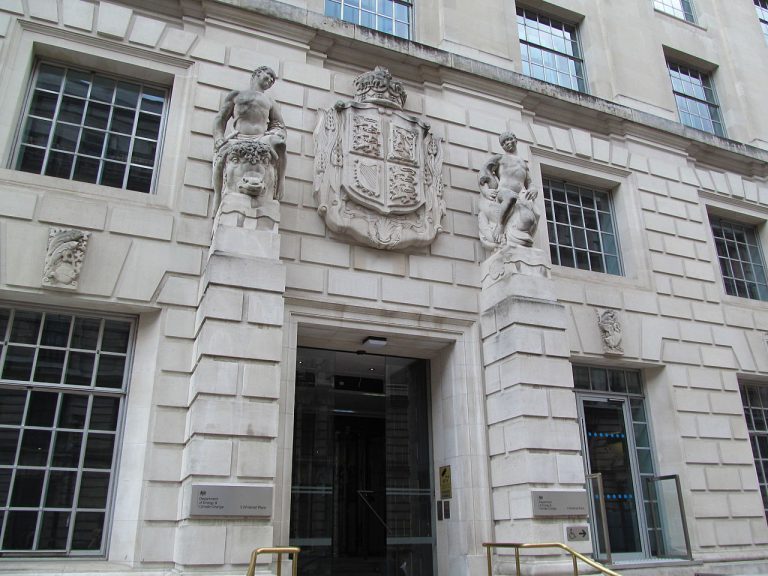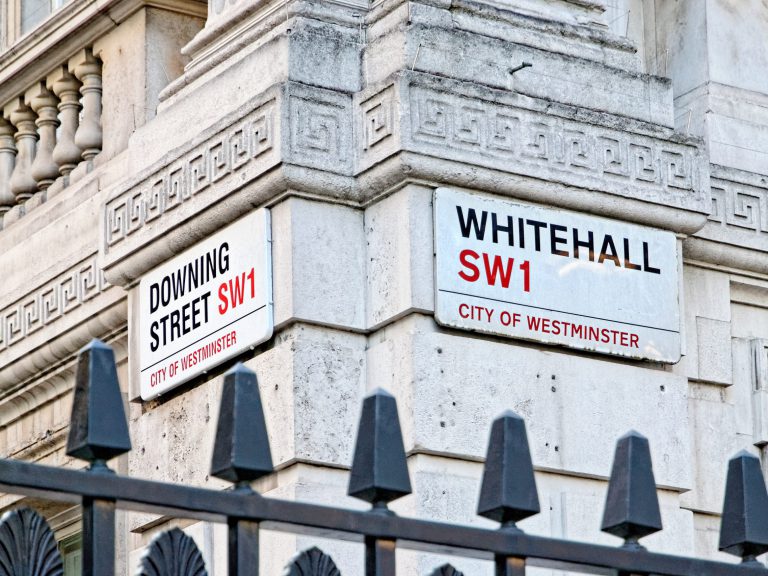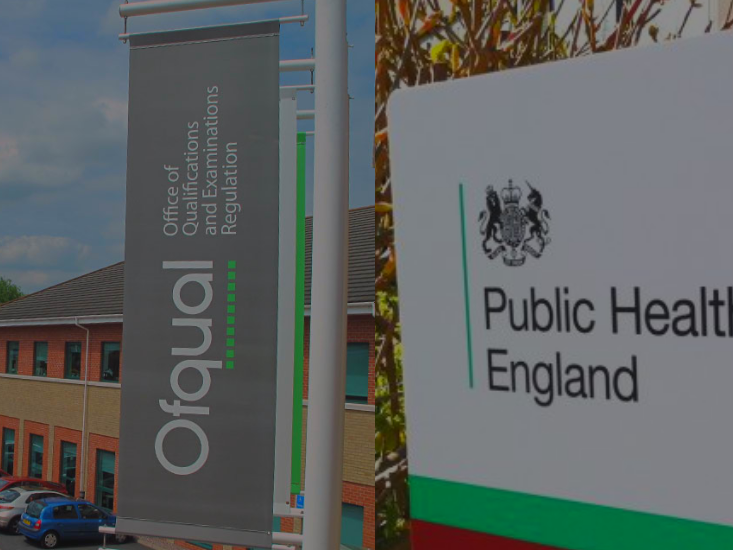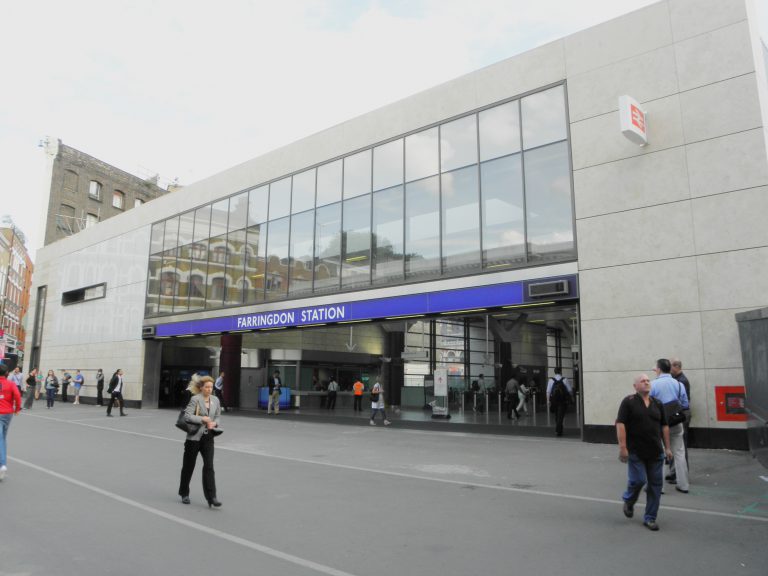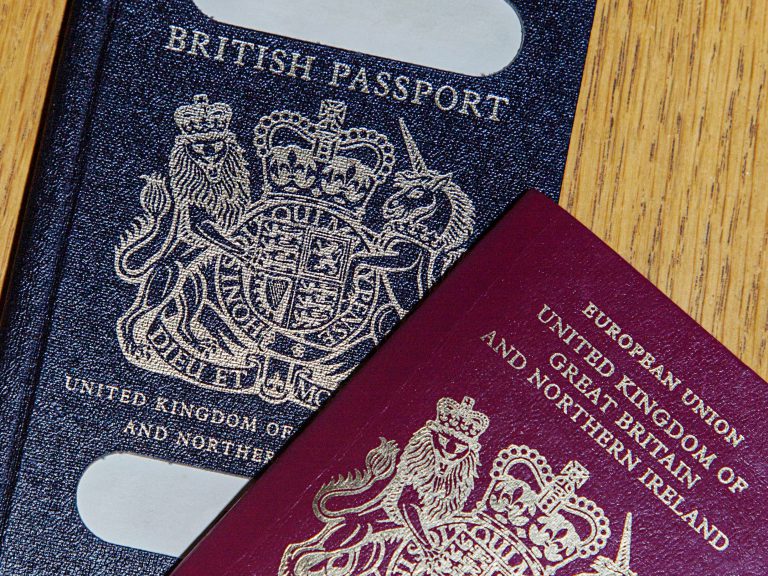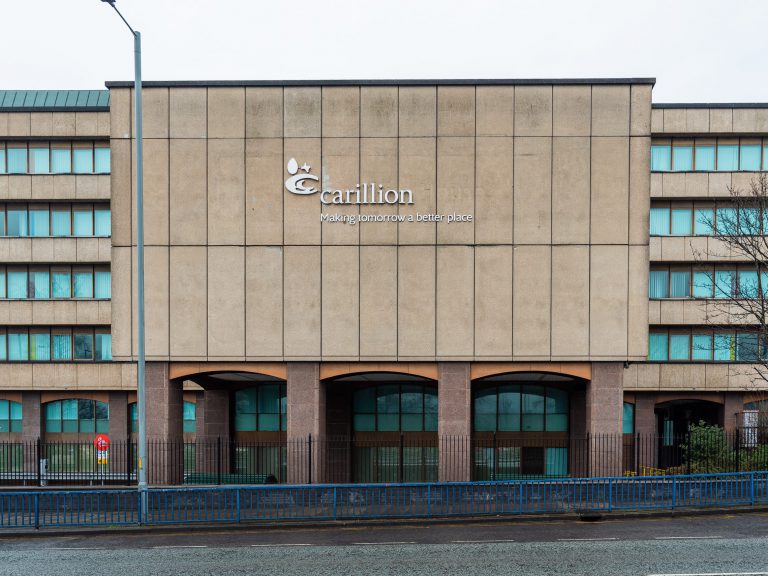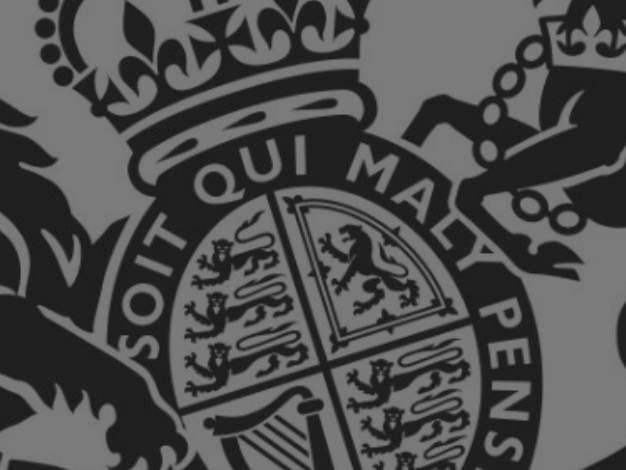Passport Blues
Simon Lydiard reflects on the outcry over the contract for new, post-Brexit passports being awarded to a company based in the EU
There has been an outcry over the award of a contract to a French/Dutch company for the production of the new, blue British passports. It didn’t have to happen.
First of all, to be clear, the contract has not been awarded. It seems that a supplier has been identified as a “preferred bidder” – meaning that the process is, technically, in what is known as a “standstill” period, enabling challenges to be made to the decision.
Secondly, there is a degree of faux outrage here. Those who support Brexit, say they are in favour of international trade deals. The opening up of the UK market to EU competition is as a result of the trade deal we are part of in the EU. In the transition period we will be bound by the same rules. And when we leave we likely have to comply with EU procurement rules if we want a trade deal with them. We will also be bound by similar procedures if we trade under World Trade Organisation rules. International trade requires a degree of reciprocity of access. And let’s not forget that the UK-based company (some of whose work is done in France) produces the passports for some 40 other states – a great example of UK success in international trade.
Many claim that the UK is a slave to the rules, whereas other EU countries are quite happy to skew them to favour domestic companies. There is evidence of breach of the rules by other EU countries but the UK itself is not without sin. An overt decision by the UK to breach EU (and UK) law is not a sensible approach.
What many EU countries do well, and the UK does less well, is to work within the rules to develop sourcing strategies that give its own companies better chances of winning but without outright discrimination.
One way of doing this – completely permissible within the EU rules – is to develop sourcing strategies designed to encourage the participation of small and medium enterprises (SMEs). Working as the lead consultant for DragonGate Market Intelligence, I produced a report for the Crown Commercial Service last year making a number of recommendations for increasing government procurement spend with SMEs.
One of the opportunities we highlighted for greater SME participation was the passport contract. Like many contracts, it is one that requires a supply chain, which could be composed of SMEs. A critical question to ask is whether such a contract could be split up into its component parts – thereby making it far more attractive to SMEs and much less attractive to larger companies. Too often, public authorities make the lazy decision to “bundle up” contracts into larger packages, thereby requiring less effort to manage the contract by the public sector but also “locking out” SMEs.
“Bundling up” means that the public sector pays for multiple levels of private sector management – quite likely increasing the cost – and it creates the useful fiction that risk is being outsourced. The recent collapse of Carillion disproves this. Ultimately, the buck cannot be passed – the public sector always bears the risk for the delivery of public services.
So, the Home Office’s passport blues did not have to happen. Had they followed my advice, they would have sought to redevelop the souring strategy and contract specification to enable greater SME participation and – working completely within the rules – might have made it much more likely that UK companies could have won fairly and squarely. They might also have avoided attempting – and paying – to outsource risk that they were always going to bear.

Simon Lydiard is an Associate of DragonGate and a Founding Partner of Breaking Barriers Innovations.



